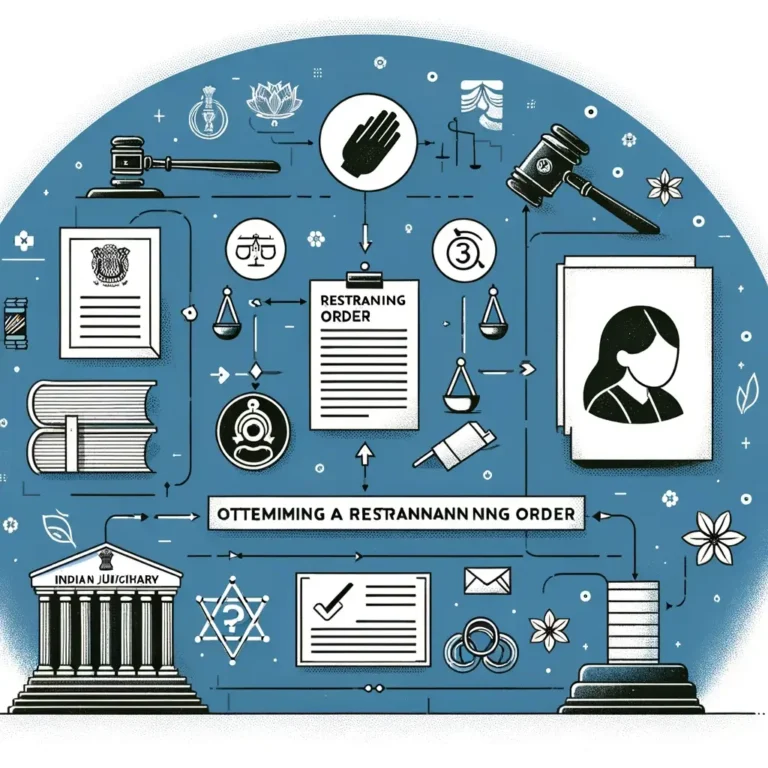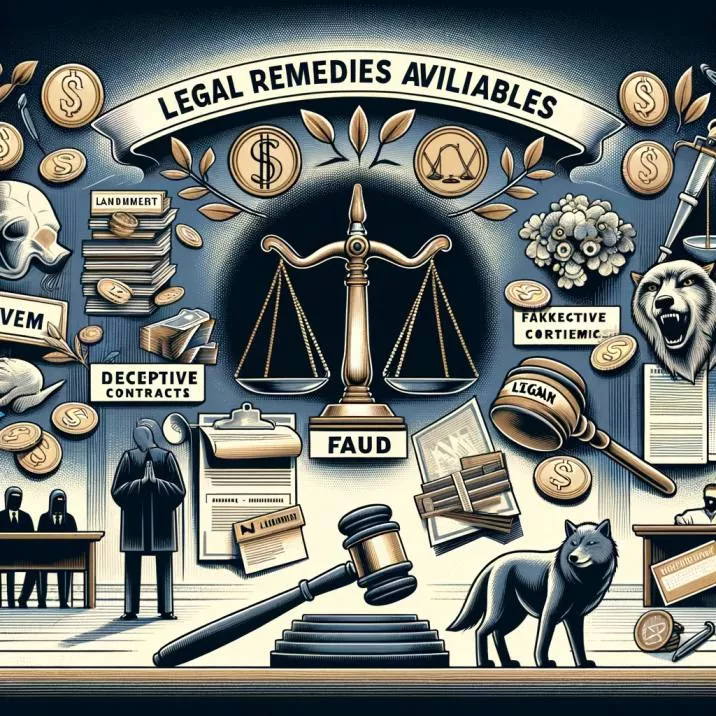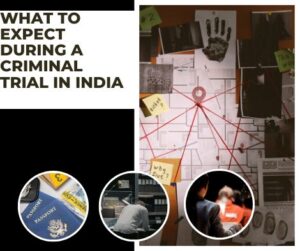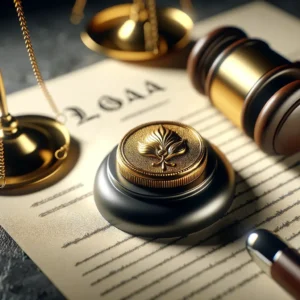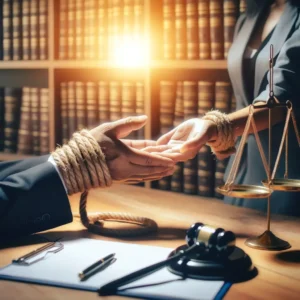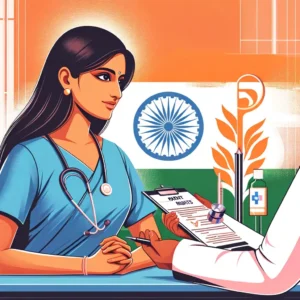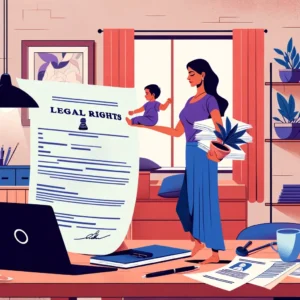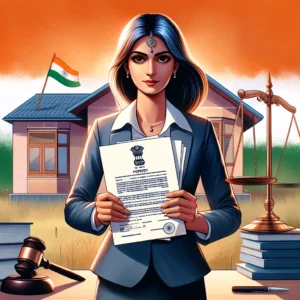In this article we have discussed in detail about Legal Remedies And Protections For Victims Of Forced Marriage.Forced marriage is a significant issue that affects the lives of many, particularly in India, where cultural, social, and familial pressures often blur the lines between consent and coercion. Recognizing the gravity of this issue, Indian law provides several legal remedies and protections for victims of forced marriage. This article aims to shed light on these legal avenues and offering a beacon of hope and guidance for those seeking to escape or annul a marriage entered into against their will.
Understanding Forced Marriage
What is Forced Marriage?
Forced marriage occurs when one or both individuals are coerced into marrying without their free and full consent. This coercion can come in many forms, including physical, emotional, or psychological pressure, as well as financial manipulation.
The Legal Stance in India
In India, forced marriage is illegal. The law recognizes the right of individuals to choose their life partners and consents to marriage as a fundamental right, protected under the Indian Constitution.
Legal Remedies and Protections for Victims of Forced Marriage in Indian Law
Annulment of Marriage
How to Annul a Forced Marriage
Victims of forced marriage can seek annulment—a legal procedure that declares a marriage null and void, as if it never happened. Under the Hindu Marriage Act, 1955, and the Special Marriage Act, 1954, marriages can be annulled if consent was obtained under coercion or misrepresentation.
The Process
To annul a marriage, the victim must file a petition in a family court within one year of the marriage. The court will require evidence of coercion, after which it can declare the marriage null and void.
Protection Orders
Securing Immediate Safety
Victims can also seek protection orders under the Protection of Women from Domestic Violence Act, 2005. These orders can prevent the abuser from making contact or providing immediate relief such as residence orders or monetary compensation.
How to Apply
Applications for protection orders should be made to the magistrate court. It’s advisable to seek help from a lawyer or a women’s aid organization to navigate the process effectively.
Police Protection and FIR
Reporting to the Police
In cases of immediate threat or coercion into marriage, victims can approach the police to file a First Information Report (FIR) against the perpetrators. The police are obliged to provide protection and investigate the matter.
Supporting Mechanisms
NGOs and Women’s Help Groups
Several NGOs and women’s help groups offer support, counseling, and legal aid to victims of forced marriage. They can guide victims through the legal process and provide emotional and psychological support.
Legal Aid Services
The Legal Services Authorities provide free legal aid to those in need. Victims of forced marriage can approach these authorities for legal representation and advice on navigating the legal system.
Empowering Victims
Education and awareness are key to empowering victims of forced marriage. Understanding one’s legal rights and the remedies available can make a significant difference in combating this issue. It’s crucial for society to support victims, challenge norms that perpetuate forced marriages, and promote a culture of consent and individual rights.
Conclusion
The fight against forced marriage in India is bolstered by a robust legal framework designed to protect victims and penalize perpetrators. By taking advantage of the legal remedies and protections available, victims can assert their rights and reclaim their freedom. It’s a journey that requires courage, support, and awareness, but one that leads to the restoration of autonomy and dignity.
FAQ on Legal Remedies and Protections for Victims of Forced Marriage in Indian Law
1. What is a forced marriage?
A forced marriage is one where one or both parties are married without their consent or under coercion.
2. Is forced marriage illegal in India?
Yes, forced marriage is illegal in India and goes against the principles of consent outlined in the Indian Constitution.
3. Can a forced marriage be annulled?
Yes, victims of forced marriage can seek annulment, which declares the marriage null and void.
4. What laws in India deal with forced marriage?
The Hindu Marriage Act, 1955, the Special Marriage Act, 1954, and the Protection of Women from Domestic Violence Act, 2005, address issues related to forced marriage.
5. How do I annul a forced marriage in India?
You need to file a petition in family court under the relevant marriage act, providing evidence that the marriage was coerced.
6. What is the time limit for seeking annulment?
The petition for annulment should be filed within one year of the marriage.
7. Can men also be victims of forced marriage?
Yes, men can also be victims of forced marriage, and the legal remedies available are the same.
8. What are protection orders?
Protection orders are legal orders issued by a court to prevent an abuser from contacting or harming the victim.
9. How can I get a protection order?
You can apply for a protection order at a magistrate court, ideally with the assistance of a lawyer.
10. What kind of protection can a protection order offer?
Protection orders can offer various forms of relief, including restraining orders, residence orders, and monetary compensation.
11. What should I do if I’m being forced into marriage?
You should contact the police or a trusted NGO for immediate help and legal advice.
12. Can I file a police complaint against forced marriage?
Yes, you can file an FIR (First Information Report) with the police against the perpetrators.
13. Are there organizations in India that help victims of forced marriage?
Yes, there are several NGOs and women’s help groups that support victims of forced marriage.
14. Can I get free legal aid?
Yes, the Legal Services Authorities provide free legal aid to those in need, including victims of forced marriage.
15. What evidence is needed for annulment?
Evidence of coercion, such as threats, physical violence, or psychological pressure, is needed.
16. Can a minor seek annulment of a forced marriage?
Yes, minors can seek annulment with the assistance of a guardian or legal representative.
17. What happens if I file an FIR for forced marriage?
The police will investigate the complaint and take necessary action against the perpetrators.
18. Is emotional pressure considered coercion?
Yes, emotional and psychological pressure can be considered coercion in cases of forced marriage.
19. Can forced marriage be grounds for divorce?
Yes, forced marriage can be grounds for divorce under personal laws.
20. How long does the annulment process take?
The duration can vary depending on the complexity of the case and the court’s schedule.
21. What is the role of women’s help groups?
They provide support, counseling, legal aid, and sometimes shelter to victims of forced marriage.
22. Can a non-Indian citizen seek help for forced marriage in India?
Yes, non-Indian citizens can seek help if the marriage or coercion occurred within India’s jurisdiction.
23. What if my family is threatening me for refusing a forced marriage?
You should seek immediate help from the police or a trusted organization for protection.
24. Are there any specific laws for different religions regarding forced marriage?
Yes, different personal laws may apply, but the overall legal stance against forced marriage is consistent across religions.
25. Can I seek asylum in another country if I’m a victim of forced marriage?
Asylum claims depend on the laws of the country you’re applying to and typically require proof of persecution.
26. Can the marriage be annulled if only one party was coerced?
Yes, if either party was coerced, the marriage can be annulled.
27. What if I face social stigma after seeking legal help?
Support groups and counseling services can offer emotional support and help navigate social challenges.
28. Are there any awareness programs for preventing forced marriages?
Yes, various NGOs and government initiatives run awareness programs to educate about the illegality and consequences of forced marriages.
29. Can the court refuse to annul a forced marriage?
The court may refuse annulment if sufficient evidence of coercion is not provided.
30. Where can I find more information on legal remedies for forced marriage?
You can consult a lawyer, contact the Legal Services Authorities, or reach out to NGOs specializing in women’s rights and legal aid.


